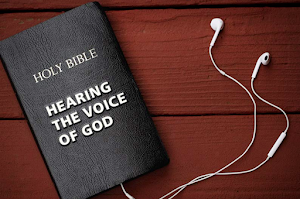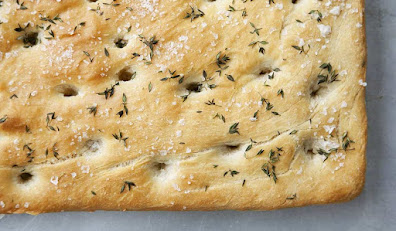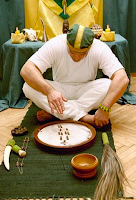My Maria Ulfah

Image from http://johnmccallum.blogspot.com/2011/06/sleeping-in-church.html In Public Speaking class this semester, I am learning about my strengths and weaknesses in giving presentations. After my Speech of Introduction, my professor (Jennifer Madden, who is fantastic by the way), told me in my feedback that I have a pleasing vocal quality. This was a nice compliment, but I had never really considered it to be true. I’ve heard my voice in videos (like the YouTube tour I filmed that has over 13,000 views…gulp), podcasts, and the like, and I simply feel that it sounds like a little kid’s voice. This week, when learning about recitation through Rasmussen’s piece, I thought back to the voices and vocal qualities that I have heard in religious settings. There are three people that I would like to introduce you to. First, my priest, who I will refer to as “OP” (original priest). OP has been serving mass for as long as I can remember. He baptized me and all of my siblings, confirmed me, et





